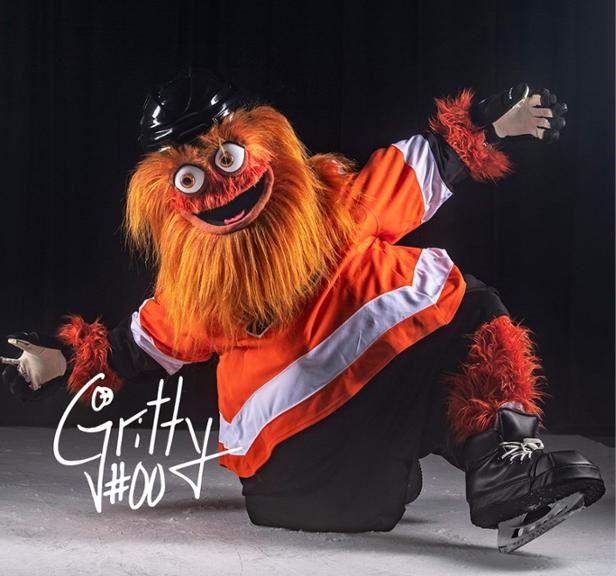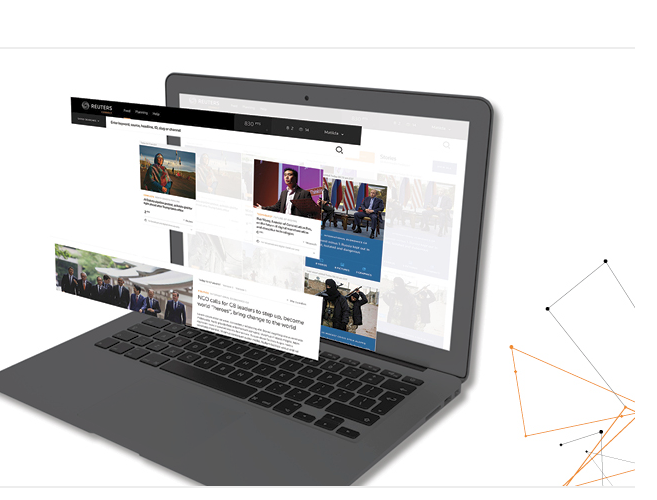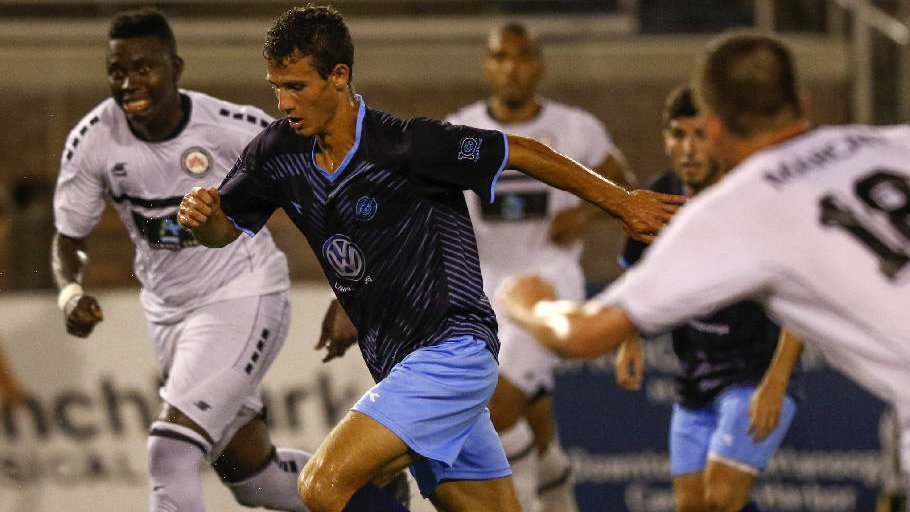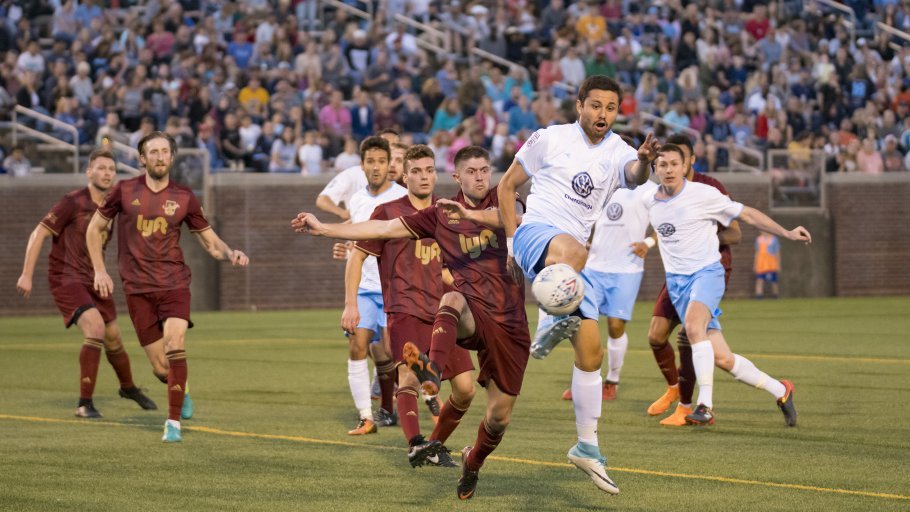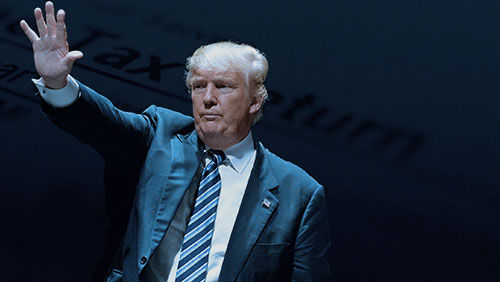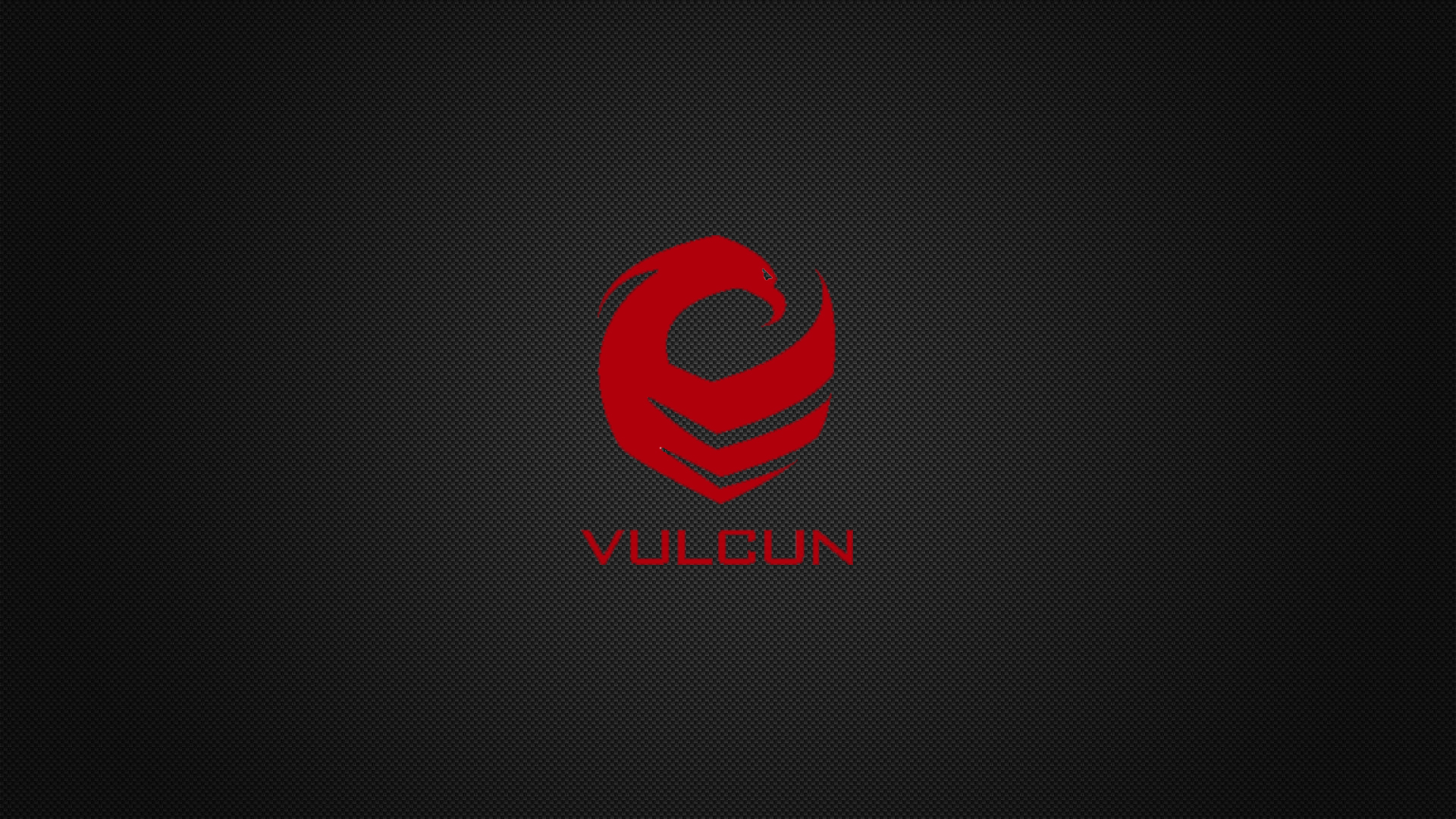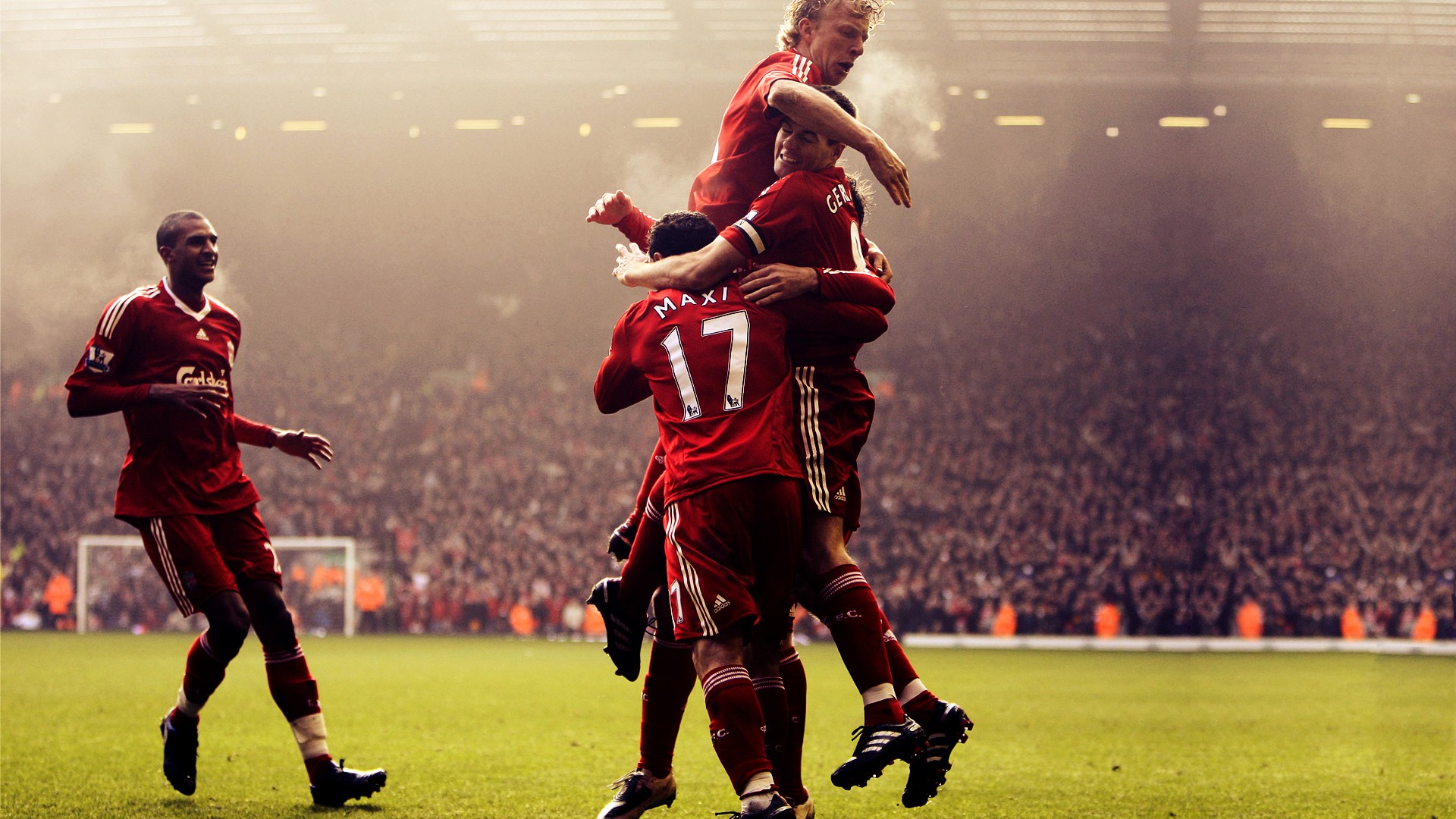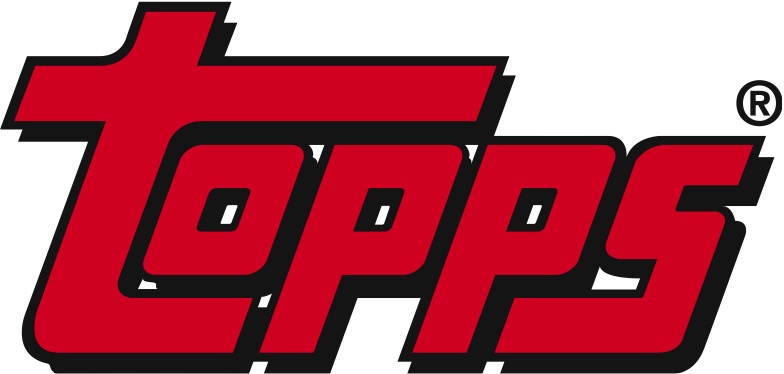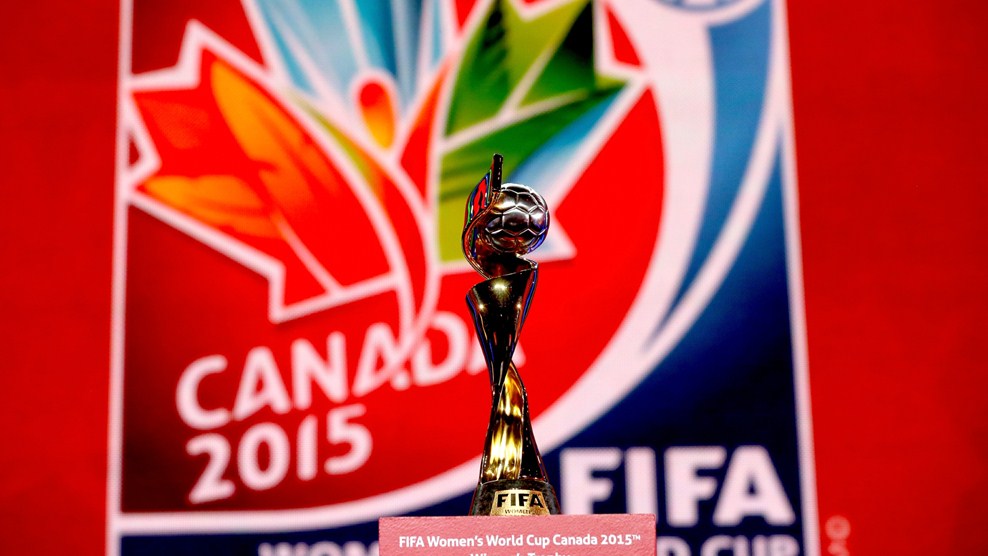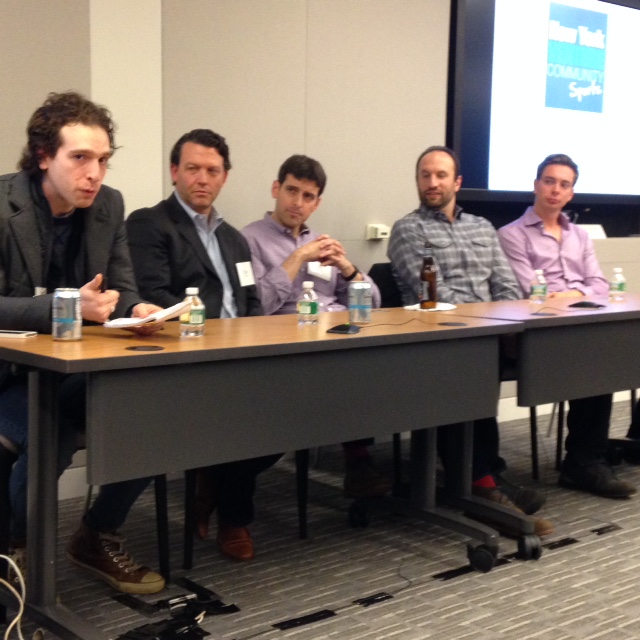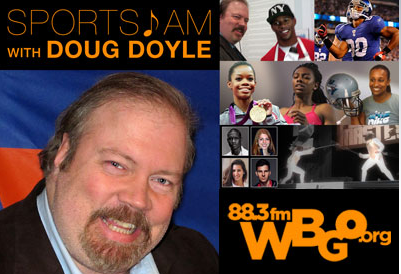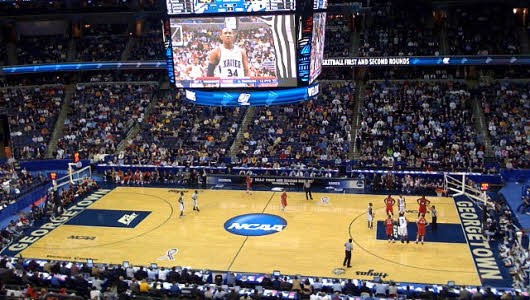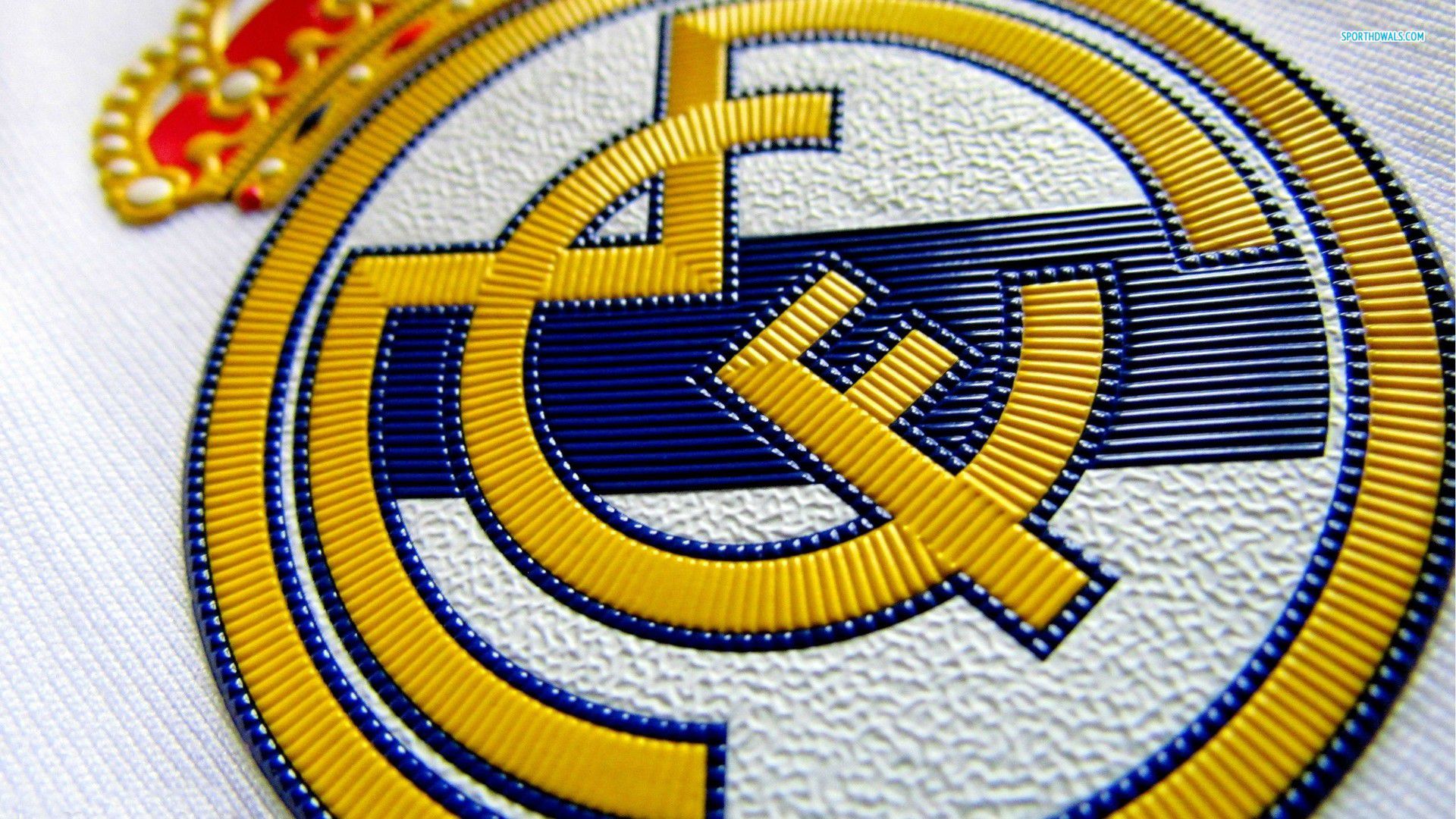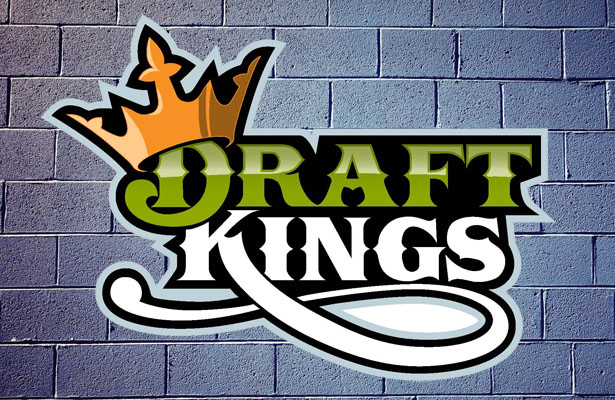By Joe Favorito @JoeFav
“We are going to be bigger than the NHL,” declared Major League Gaming head Mike Sepso several months ago about the growth of his company and the sport of E-Gaming.
And to hear the numbers thrown around on engagement Tuesday night at a New York Sports Venture Group forum on the fast-rising sport, it might be hard to argue his claim.
For the uninformed, especially those over 30, Rod “Slasher” Bresleau, perhaps the most informed media member on Egaming and now the lead for the first Egaming news website portal “The Score” in Canada, explained the phenomenon in the simplest of terms.
“If you look at the games themselves, like World of Warcraft, as a sport unto itself like soccer, then view the industry and all its individual games as the Olympics or the XGames,” he added. “Each game has its own stars, its own storylines and its own followers, many of which are now in the millions, and all are very engaged consumers of every aspect, both as a player and as a viewer.”
How engaged? Both Craig Levine of ESL, one of the largest event creators and developers in the space, and Don Reilley EVP of Global Sales for MLG, talked about stadium audiences in the tens of thousands and viewership in the tens of millions, easily eclipsing traditional sports viewership in some of the biggest events.
“Everything that I thought would happen is happening,” Reilly said about the growth. ”We have to balance the needs of the people at the events with those of the people watching at home, watching their favorite players.”
Levine mentioned sellout crowds watching gaming events in places ranging from Korea and Croatia to New York and Seattle, with fans showing up armed with dollars to buy merchandise just like they would for a hometown sports team. The difference is really in the audience demo, which is the one that brands and traditional sports leagues crave; the dominant egame follower, according to most research is male, 18-34, highly engaged and very passionate about every aspect of the game he follows. Think UFC and NASCAR of a new era.
So what is the secret sauce for egaming? Reilley said that for MLG it’s not that different at all from what brands and broadcasters have been doing for 50 years on television, albeit with a key twist.
“We provide great content for a passionate audience, most of the time with events in a live environment, just like the networks have done with MLB or the NFL for 50 years. It is that live engaged audiences that brands crave and are now activating against,” he said. “However the big difference is in how and where we engage. Unlike traditional broadcasts our audience does not have to be plugged in. They can engage on whatever device they choose and do so wherever they are. We deliver the programming to them however they like, and that is what sets us apart from traditional sports right now.”
Another aspect of egaming’s success has been the accessibility of the gamers to an engaged audience. Like the UFC of five years ago or the NHL of 10 years ago or NASCAR, egaming providers boast about the ease of contact fans have with the elite players. Send them a text or an email and you get a response, and the response is seen by millions, not just a few hundred.
That sort of access, they claim, is what is missing from today’s traditional sports, where despite all the trimmings of social media, athletes are locked behind a wall of handlers, team officials and brands who say the stars of baseball, football and basketball are accessible, but in reality the chance to email Bryce Harper or Kobe Bryant and get a response is less than zero.
“Because we are still evolving and the elite players are almost of the same age and background of many of their fans, the relationship is different and is much more intimate right now,” added Levine. “That means a great deal to a generation that is used to access without barriers, and that type of access has great value to brands as well.”
The numbers for egaming engagement that are thrown around are certainly staggering. Over 32 million live followers for a recent “World of Warcraft” event. A gate of over 30,000 for a live event in Croatia, a billion dollar investment made by Amazon to buy streaming service Twitch, which provides highlights from any series of games to millions of followers 24/7. But for all the success, there are some growing pains.
“It’s the Wild West for sure,” Bresleau told the packed room of approximately 150 representing a wide spectrum of interests. “Companies come into the space with a great deal of capital and find ways to engage with fans, and the people with the real brand value, the players, are now seeing greater opportunity to monetize their success at a new level. Right now it’s all great and any success helps the sport, but down the road there may be a consolidation as the business settles in.”
Another example of global growing pains comes in the form of what traditional sports have seen; game fixing. Bresleau added that as many as 18 professional players in the past few months have been banned for fixing games for money. Illegal gambling it seems, has also found itself into big time gaming.
There is also the question of wider appeal to a casual fan who would be willing to watch egaming in person or online, along with the question of whether massive stadium events are just one-off phenomenon’s or are they able to sustain a repeat audience. It is a similar question the UFC has had to address time and again as a new sport on the traditional block, and they too have handled the issue well.
“We see a fan as one who is very engaged and he or she will come back again if they have an amazing experience,” Levine added. “We can’t oversaturate a market and we are still building, but all signs are the business sis not just here to stay, it is growing at a very fast rate.”
And what about traditional sports as a form of egaming? Millions has been spent on creating marketing and selling products like FIFA 2015 and Madden for years, but those sports games, although successful, have not migrated into the new egaming space.
“Those games are great for their audience, but when you can watch a live NBA or NFL game with real stars playing it, the level of professional egaming is diminished,” Bresleau added. “What captured the egaming world is the ability for the gamer to really be someone else, to travel to another planet or be a superhero or an elite warrior, that’s the transcendent appeal that is drawing millions in.”
And are the elite gamers actually athletes like those in the NBA or NFL or the Olympics? “They train, they travel, they sacrifice and they have great skill, so my argument is yes and it’s why egaming is an amazing sport,” Bresleau added.
The panelists all believe that despite the mainstream media covering egaming as a novelty event up until now, coverage of the live events and the sport itself is about to ramp up considerably.
Engaged audiences, young demo, brand activation, young stars and global appeal. Egaming is rising fast, and it will be interesting to see how high and how far it will go as a business of the future. Look out not just NHL, but MLS, MLB and anyone else in a traditional business. The sports world is changing.
